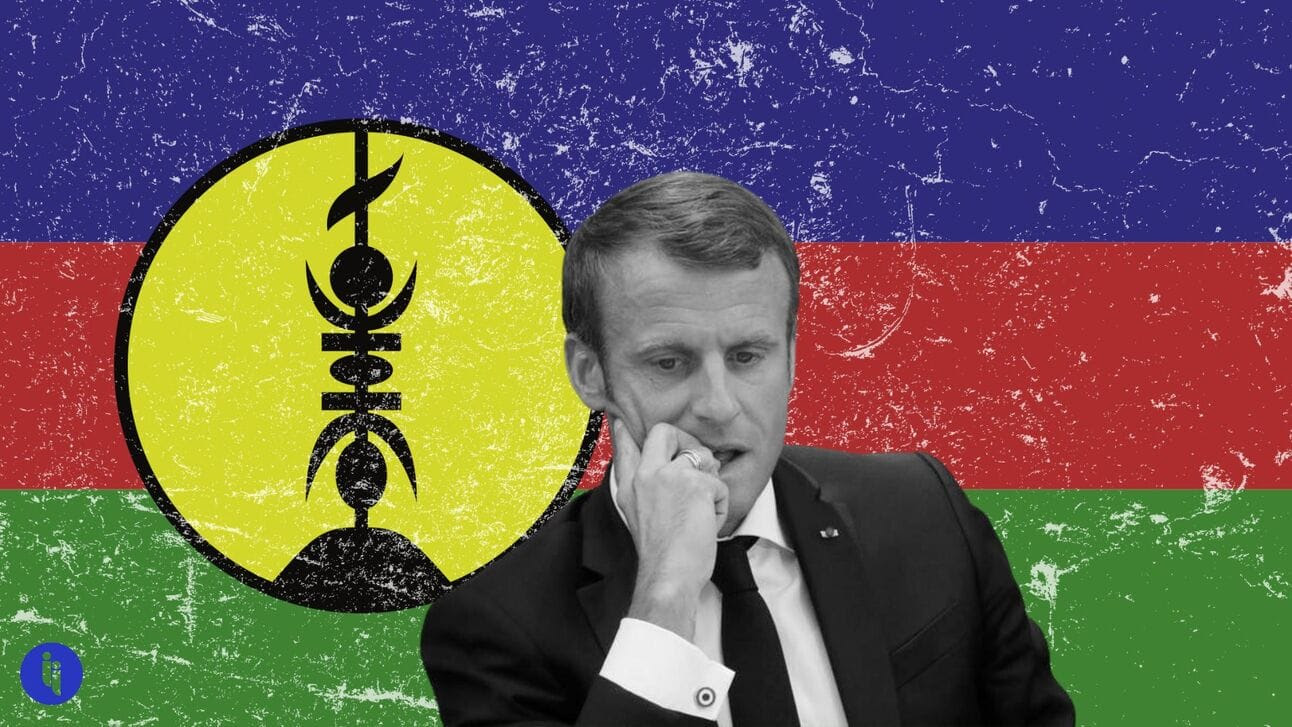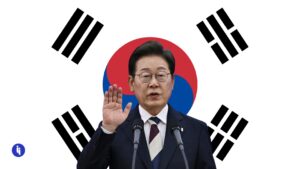The president of France, Emmanuel Macron, has landed in New Caledonia with a senior entourage as unrest rocks the French overseas territory in the Pacific.
Riots there have ground the territory to a halt: six people have died, hundreds have been injured, cars have been torched, and buildings looted. In response, Paris has declared a state of emergency, imposed a curfew, shut the airport, deployed hundreds more police, and banned TikTok, with mixed results.
What’s this all about? Back on 15 May, lawmakers in Paris passed a constitutional amendment allowing French citizens to vote in New Caledonia’s elections if they’ve lived there a decade or more. The claimed rationale was to give those folks a say in how their adopted home is governed.
Stay on top of your world from inside your inbox.
Subscribe for free today and receive way much more insights.
Trusted by 129,000+ subscribers
No spam. No noise. Unsubscribe any time.
But the move resurfaced some long-running grievances in the archipelago, particularly among its indigenous Kanak community who argue a) it further dilutes their influence, and b) it goes against the 1998 Nouméa Accord, in which voting was restricted to Kanaks and migrants living there before 1998.
And that’s a priority for the Kanaks – they’re the territory’s original inhabitants and still its single largest ethnic group, though also now a minority (41%), with living standards and employment levels way below the territory’s average.
And that in turn is fuelling a long-running debate: many (particularly among the Kanak community) want independence from France. Others (particularly those tracing their roots to France) want to remain. Three local referendums in 2018, 2020, and 2021 have failed to deliver independence, but they’ve also alienated many Kanak folks, who boycotted the last ballot.
And from the perspective of President Macron, this all comes at a rough time:
- Nickel as a critical mineral
France – like everyone else – has been scrambling to secure critical minerals to drive its energy transition and reduce its dependence on China. In fact, Macron himself just launched an inventory of France’s mineral resources in October, highlighting nickel in particular – it’s used for stainless steel and batteries.
And it turns out New Caledonia is home to ~25% of the world’s nickel reserves and 6% of total global output. So prices have surged 7% since the unrest broke out.
- France as a world power
As the world shifts, Macron has sought to double-down on France’s role as a global power: he’s launched an Indo-Pacific Strategy, sought a reset with former colonies in Africa, and is hosting this year’s Olympics, all while making waves with warnings that “Europe could die” and that it needs to find a “third way”.
But part of Macron’s (and France’s) global claim rests on having a global footprint: there are a million French citizens and 3,000 troops across France’s Pacific territories. And yet now, after watching Burkina Faso, Mali, and Niger eject French influence, the world is watching France seemingly wobble in the Pacific.
- Macron as a legacy
Next month’s European parliamentary elections offer Macron a chance to entrench his vision for a strong Europe with France at its centre, before he terms-out of the Elysée in 2027. But recent crime in France and this turmoil in New Caledonia have been dominating the airwaves and eroding Macron’s message.
So it’s any wonder why Macron has cleared his schedule, fuelled up the jet, volun-told senior ministers to join him, and hauled ass 16,000 km (10,000 miles) across the world.
INTRIGUE’S TAKE
Of course, this all begs the question: will Macron’s visit work?
If his 18 visits to Africa since 2017 are any guide, then no – French influence still waned there.
But New Caledonia is still part of France, the current unrest has core political drivers, and Macron has core motivations to make this work.
So at time of writing, he’s meeting key local leaders and pledging to listen with “respect” and restore calm “as soon as possible”, while also foreshadowing new announcements on “the future of New Caledonia”.
What might those announcements look like? The story of the 1998 Nouméa Accord is telling: pro-Paris and pro-independence leaders backed it strongly at the time, though for polar-opposite reasons – separatists saw it as paving a 20-year path to independence, while loyalists saw it as offering a 20-year window to embrace a French future.
So it united the territory but in a way that planted the seeds for today’s unrest. It’s hard to see pro-independence folks pursuing that path again.
Also worth noting:
- Back on the other side of the world, Azerbaijan has organised a group of political movements from across the former French empire, who’ve issued a statement backing New Caledonia. Paris sees this move as a response to France’s support for Azerbaijan’s main rival, Armenia.
- Tourism has traditionally been New Caledonia’s second-largest sector. Neighbouring Australia and New Zealand have started repatriating their citizens from the territory in response to the unrest.
- Around 71% of New Caledonia’s Kanak population lives below the poverty line, with nearly 20% unemployed. The territory’s total population numbers around 300,000 people.
- After France colonised and annexed New Caledonia in the 19th century, it officially became a French overseas territory in 1946.







